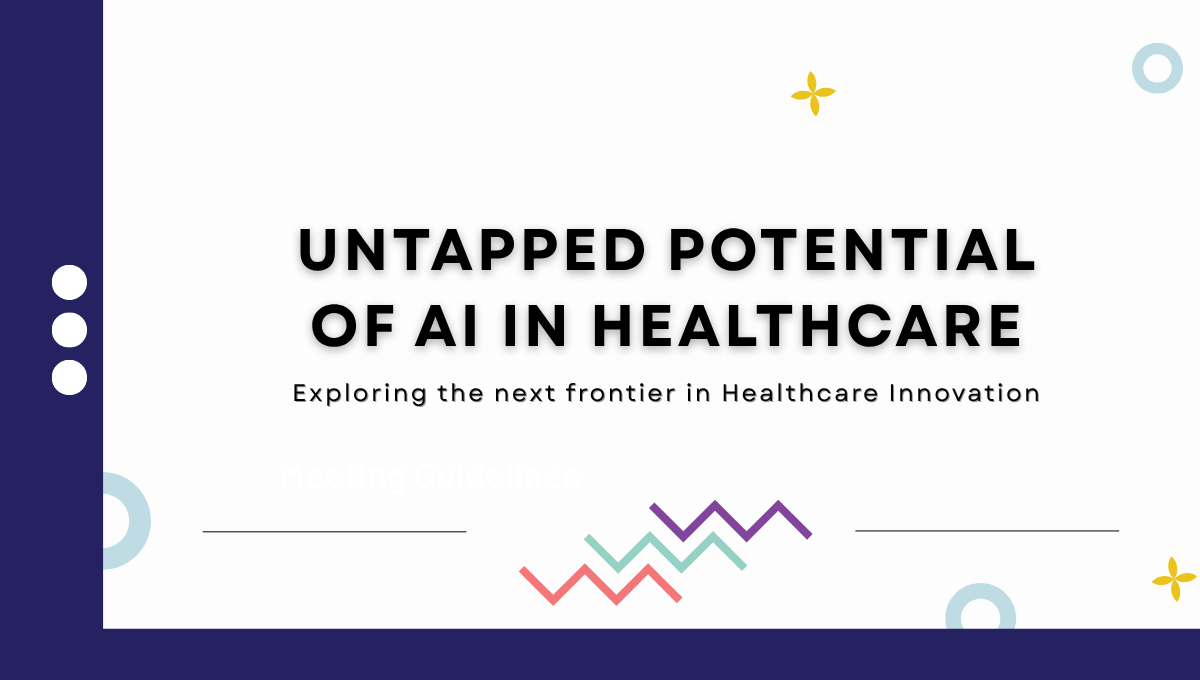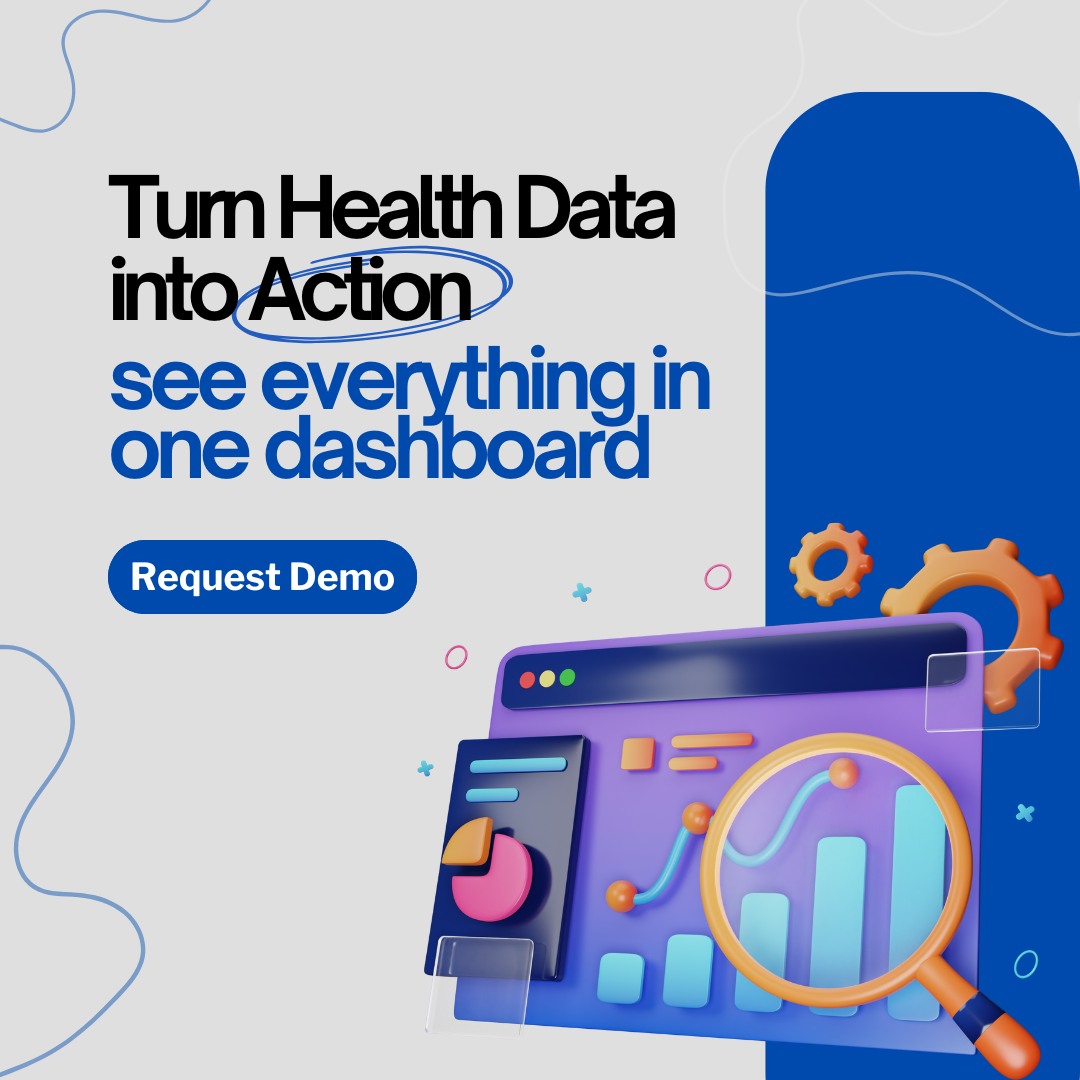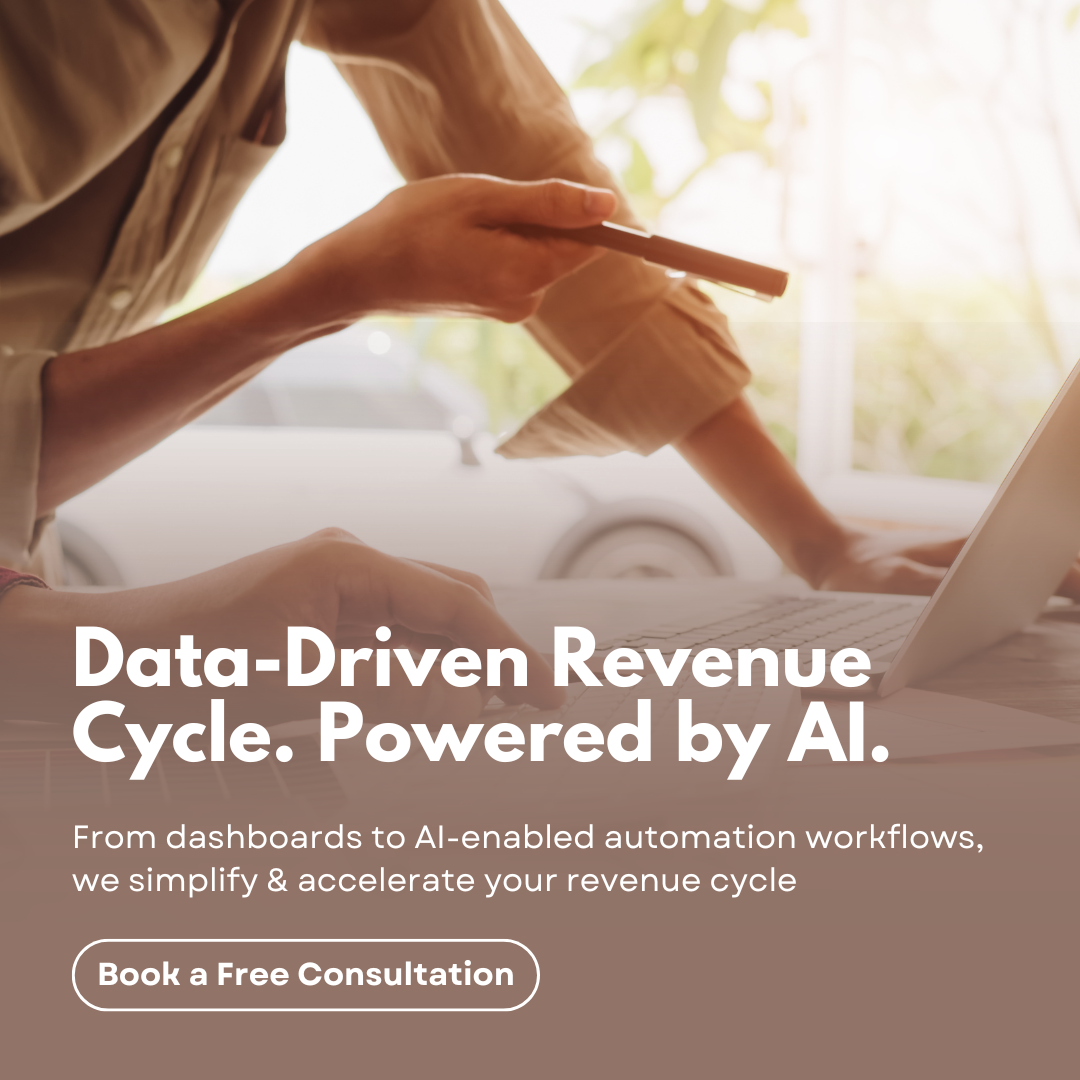AI has been instrumental in transforming multiple industries. The potential of AI hasn’t been fully achieved in healthcare and there is a lot that can be done when medical practitioners truly work along computers.
While people are great at empathizing with colleagues at work and contextualizing the problems being faced, AI in Healthcare can help to perform complex computations that can provide a lot of insights to improve the quality of outcomes for the healthcare industry. Unlike other fields such as retail and logistics, data collection and usage in healthcare is highly regulated as it pertains to personal data of the patients which is often sensitive in nature. Many use cases of AI in healthcare, which are technically feasible often don’t materialize into real solutions due to regulatory constraints and lack of trust and know-how by the specialists in the AI technology. In this blog we have listed down some of the benefits of AI in healthcare and how AI can bring transformational change over the coming years.
AI in Healthcare: Helping drive efficiencies in text processing
Most healthcare providers perform a series of manual tasks related to reading and storing documents. These functions could be automated by digitalizing, extracting, and analyzing the forms filled by the patients automatically using Natural Language Processing techniques. NLP is a field of AI that makes the machines adept at understanding and contextualizing language. Textual data can be converted into structured tables and fed into the health records of patients which can be very useful in providing timely and accurate care to patients. This can lead to massive savings in time and costs which can be channeled into prioritizing the healthcare needs of the patients without causing fatigue to clinicians.
24/7 monitoring via smart wearable devices
The smart gadgets that are being worn by individuals these days are a great example of how the health parameters of patients can be monitored 24/7 to prompt timely action, such as a recommendation to head to a nearby clinic. This use case of AI falls into the class of Internet of Medical things where sensors collect health data and transmit it to the internet to provide round the clock monitoring of one’s health. ECG or the Electrocardiograph app on Apple watch that can record the timing and the strength of the electrical signals that make the heartbeat is one such functionality.
Providing preventive care to the patients
The main goal of providers is to provide timely care to patients and very often preventive care is the best answer to many health urgencies. The electronic health data including lifestyle information and past medical records can all be fed into powerful predictive models that can trigger alarm in case the likelihood of a certain health emergency is high and hence extra care and precaution can be taken by providers to stop the situation from worsening. This can enable huge benefits in terms of saving lives and prevent the escalation of medical costs which is a big concern for most patients. For example, providers of women’s healthcare needs, those specializing in maternity care, can greatly benefit from implementing predictive models that flag high likelihood cases of emergency C-Section and other complications related to surgical site infections.
Making healthcare equitable and accessible
One of the biggest concerns for governments and regulators is to ensure equal benefits of healthcare facilities to all groups of the population. This concern is especially valid for classes related to minority races, weaker socio-economic groups, and women. Many drugs and treatments are more catered towards certain well-established segments of the populace and tend to ignore the needs of those that have been underprivileged in the past. Predictive models can be checked for such biases and adjusted to make amends for these drawbacks by doing the required data driven testing to ensure fairer final outcomes.
Wrapping Up
This post talks about some of the benefits of data science and AI in healthcare industry. While many providers are now beginning to adopt these into their functions, the pace of adoption has been lagging due to the complex regulations and sensitivity of patient data. For healthcare to fully achieve its goals the regulators, providers and patients need to be more open to changing the status quo and accepting the AI driven transformation in the industry, without this collaboration any meaningful change can only be superficial!




